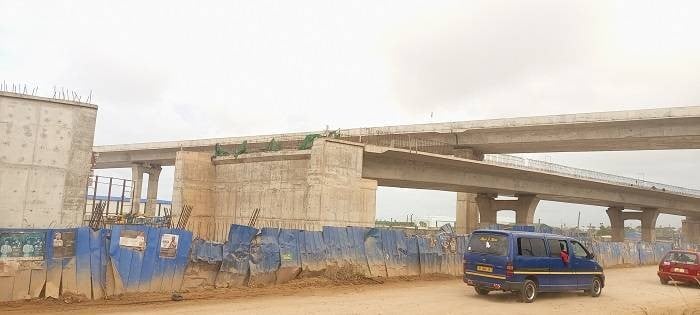Ghanaian traders in Kumasi, the nation’s commercial center, are urgently calling on the newly elected government of President John Mahama to prioritize policies that foster a resilient and flourishing business environment. They contend that the current cost of doing business is excessively high, citing import duties, inflation, the exchange rate, the e-levy, emission tax, and the COVID-19 tax as burdens that hinder economic growth rather than contributing to it. These traders emphasize the need for a critical review of these cost factors and advocate for policies that alleviate the financial strain on businesses, thereby promoting investor confidence and stimulating economic activity. This appeal comes at a crucial time, as the country navigates the aftermath of a challenging economic period in the post-COVID era and seeks to regain its footing as an attractive investment destination.
The traders’ concerns are underscored by recent data from the Ghana Investment Promotion Center (GIPC), which reveals a significant decline in foreign direct investment (FDI) in 2023. The recorded FDI of US$649.58 million represents a substantial 55% drop compared to the US$1.47 billion achieved in the previous year. This downturn in investment further highlights the urgency of addressing the concerns raised by the business community. The appointment of Dr. Casiel Ato Forson, a tax administration expert, as Finance Minister, has generated anticipation for significant economic reforms under the new administration. Traders and analysts alike are hopeful that Dr. Forson’s expertise will be instrumental in crafting and implementing policies that create a more conducive environment for businesses to thrive and attract much-needed investment.
The economic challenges faced by Ghana in recent years, culminating in the need for a US$3 billion IMF bailout, have underscored the need for decisive action to stabilize the economy and promote sustainable growth. With a stable multi-party government committed to market liberalization, analysts believe that Ghana possesses the fundamental elements to become a highly attractive destination for business in sub-Saharan Africa. However, realizing this potential requires addressing the obstacles currently hindering economic progress. The traders’ call for government intervention reflects a broader sentiment within the business community, urging the new administration to prioritize policies that reduce the cost of doing business and create a more favorable investment climate.
Among the specific concerns raised by the traders is the burden of import duties, which they argue adds significantly to the cost of goods and services. Inflation and exchange rate fluctuations further complicate the business environment, making it difficult for traders to plan and manage their operations effectively. The e-levy, a tax on electronic transactions, has also been criticized for its impact on businesses, particularly small and medium-sized enterprises (SMEs). Similarly, the emission tax and COVID-19 tax, though intended to address important environmental and health concerns, are seen as additional burdens on businesses already struggling with high operating costs.
The stalled Krofrom and Kejetia/Central Market Second Phase Redevelopment Projects in Kumasi have further amplified concerns about the government’s ability to effectively manage development initiatives. These projects, intended to modernize and enhance key commercial areas, have been described as worrying by Dr. Dominic Frimpong, an economist and development planner. He emphasizes the potential of these projects to generate substantial investment and revenue for the government, lamenting the inability of the leadership to implement them effectively. This situation raises questions about the country’s ability to attract FDI, particularly in sectors like agribusiness and industry, which are crucial for economic diversification and growth.
In conclusion, the appeals of Kumasi traders represent a critical call to action for the new Ghanaian government. Their concerns about the high cost of doing business, declining FDI, and stalled development projects highlight the need for urgent policy reforms. The new administration must prioritize initiatives that reduce the financial burden on businesses, promote investor confidence, and create a more conducive environment for economic growth. Addressing these challenges is crucial for Ghana to realize its potential as a leading investment destination in sub-Saharan Africa and to secure a more prosperous future for its citizens. The government’s response to these concerns will be a key indicator of its commitment to fostering a vibrant and sustainable economy.


